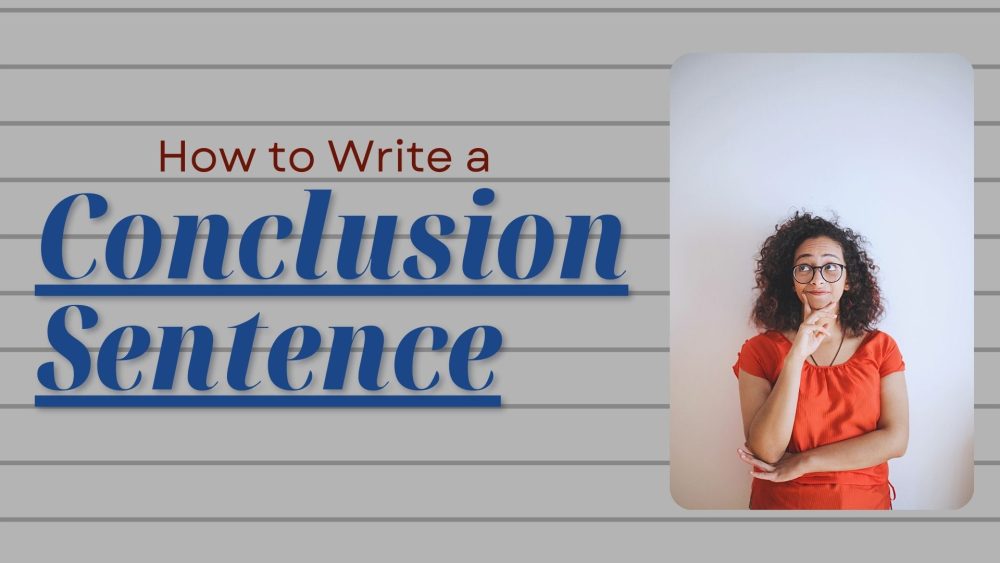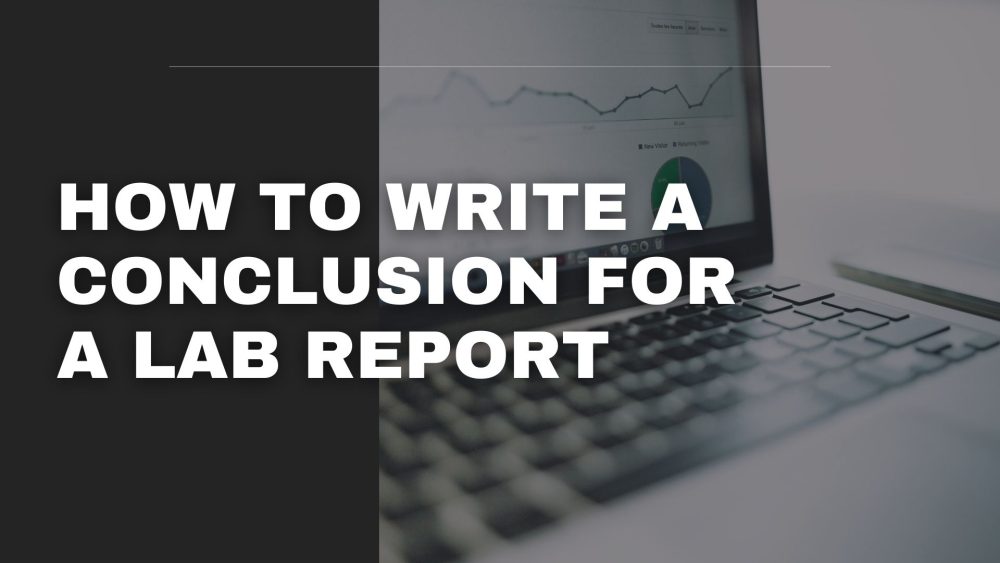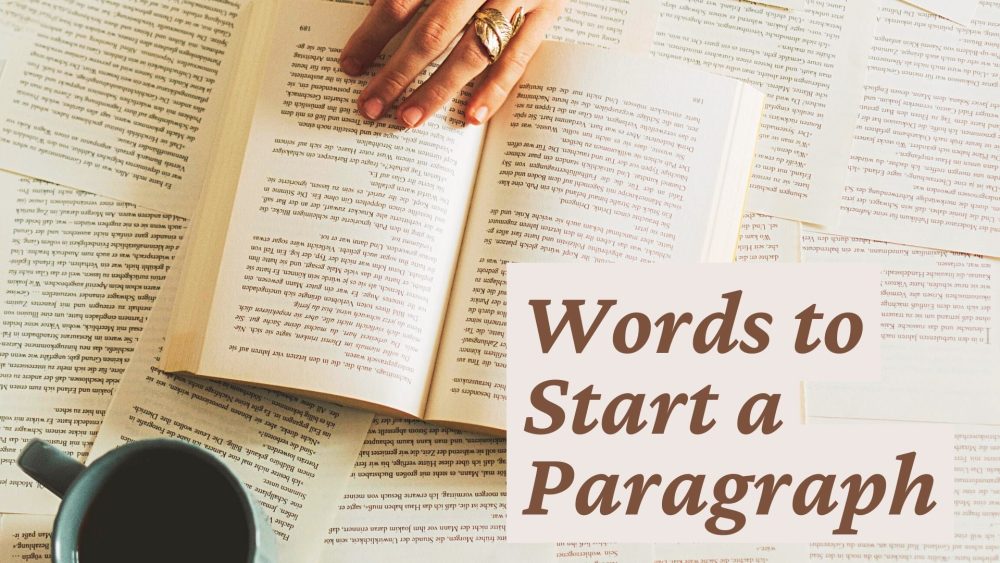Learn How To Write Hypothesis In Minutes
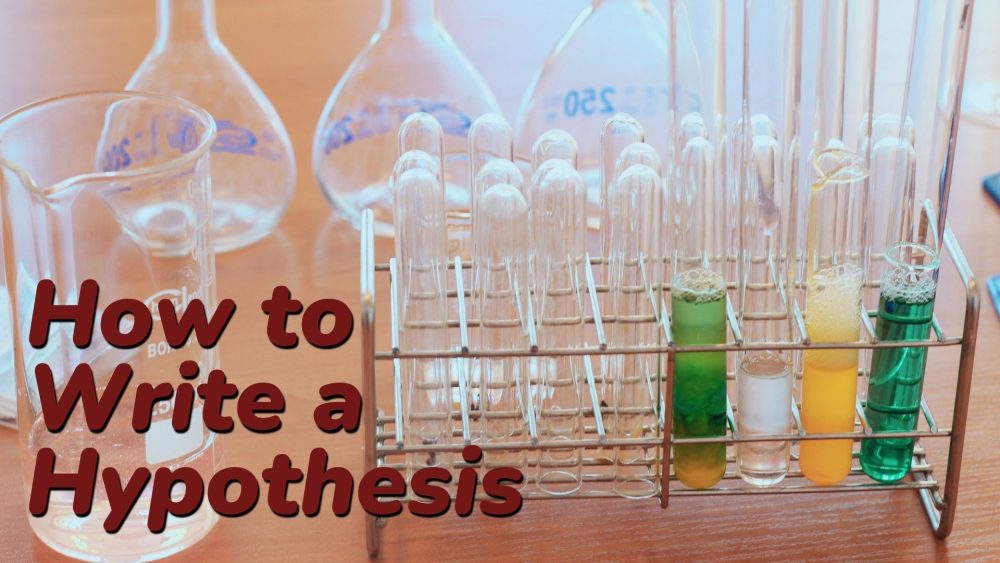
If you are reading this, it means you are looking to learn how to write a hypothesis the right way. As you probably already know, hypotheses are a very important part of research papers. Without them, you would not be able to write these academic papers. This is why it is so important to learn how to state hypothesis.
In this blog post, we will show you what a hypothesis is and why it is important. In addition, we will talk about dependent and independent variables, as well as the various types of hypotheses. Finally, you will learn about falsifiability and get some tips and tricks from our expert academic writers. Finally, we will show you plenty of good examples of hypotheses, as well as a few examples of bad hypotheses. Want to write hypothesis sentences in just 10 minutes? Let’s get started!
Table of Contents
Everything About Hypothesis
So, how do you write a hypothesis? The good news is that it is not as difficult as you think. However, before we get to the technical part and the examples, let’s make sure you understand exactly what a hypothesis is and why it is important.
When writing a research hypothesis, you need to keep in mind that it is a proposed explanation that you make based on very limited evidence. You are basically making an educated guess regarding the results of your research or observations. Let’s consider that you are looking to write a research paper about ways to improve a student’s grades. Here is one valid hypothesis you can make right from the start: A student’s study efficiency and grades improve when the student gets 8 hours of sleep every night and takes a 10 minute break every hour of study.
Keep in mind that a hypothesis can be true or false. If your observations prove your hypothesis to be false, it does not mean that the hypothesis is bad. So don’t try to write your hypotheses in a way that always makes them true.
Bottom line, the hypothesis in a research paper should be a specific and testable prediction. Yes, because it is a prediction, you need to include at least two variables: the dependent and the independent variable.
Understanding Independent And Dependent Variables
If you want to learn how to start a hypothesis sentence with ease, you need to know a few things about the structure of the hypothesis. And this takes us to the dependent and independent variables. You won’t be able to learn how to write a scientific hypothesis without learning what each of these variables is.
The independent variable is basically the cause. This value is independent of all other variables you are studying or observing. Here is an example of a few independent variables: students get 8 hours a sleep per night, students eat 3 meals a day, students take a 10 minute break every hour of studying.
The dependent variable is the effect. The effect is clearly dependent on the cause. For example: Students’ grades increase when [insert any of the independent variables above].
Of course, a hypothesis can have more than one independent variable and more than one dependent variable. Here is an example that should clear things out for you: Students improve their grades and study faster when they sleep 8 hours a day and take a 10 minute break every hour of studying.
A Word About Falsifiability
To write a hypothesis correctly, you need to learn about falsifiability. This is an extremely important part of a valid hypothesis.
Basically, falsifiability is the ability to test the thesis scientifically by proving it to be false. In other words, the claim should be possible to be proven false. This does not mean that the claim is false though.
Let’s take an example: All yellow watermelons are sweet. This is a falsifiable claim because we can falsify the hypothesis simply by tasting a yellow watermelon that is sour. We hope everything is clear now.
Types Of Hypotheses
Now, to write a hypothesis the right way, you also need to know about the various types of hypotheses. In fact, knowing the various types of hypotheses can be very important for students who write complex research papers. So, to help you out, we have organized all the types in an easy to understand list:
- Simple hypothesis. But what is simple hypothesis, you ask. Well, it’s the easiest to understand hypothesis. It predicts a relationship between a single independent variable and a single dependent variable. Let’s take an example: Eating sweets every day will cause your blood sugar to spike.
- Null hypothesis. To test this hypothesis, you need an alternative hypothesis. For example, a null hypothesis can be something like “Studying efficiency suffers no change whether the student sleeps 6 hours or 9 hours.”
- Alternative hypothesis. This is the claim that contradicts the null hypothesis. For instance, you can write an alternative hypothesis like “Studying efficiency improves when students get 8 hours of sleep, as opposed to 6 hours of sleep.”
- Complex hypothesis. This predicts the relationship between two or more independent variables and two or more dependent variables. For example: “Studying efficiency and grades improve when students sleep 8 hours every night and eat 3 meals a day.”
- Logical hypothesis. This statement proposes the most plausible explanation with minimal evidence. Let’s take an example: Studying efficiency improves when students on Europa’s Moon sleep 8 hours per night instead of just 6 hours per night.
- Statistical hypothesis. This statement uses statistical information to examine something. For example: 50% of Europe’s population has received the second dose of the Covid-19 vaccine.
- Empirical hypothesis. This is a hypothesis you can use when you are experimenting or are observing something (and the hypothesis can change). Here is an example: Men taking vitamin C supplements are 20% less likely to get infected by Covid-19.
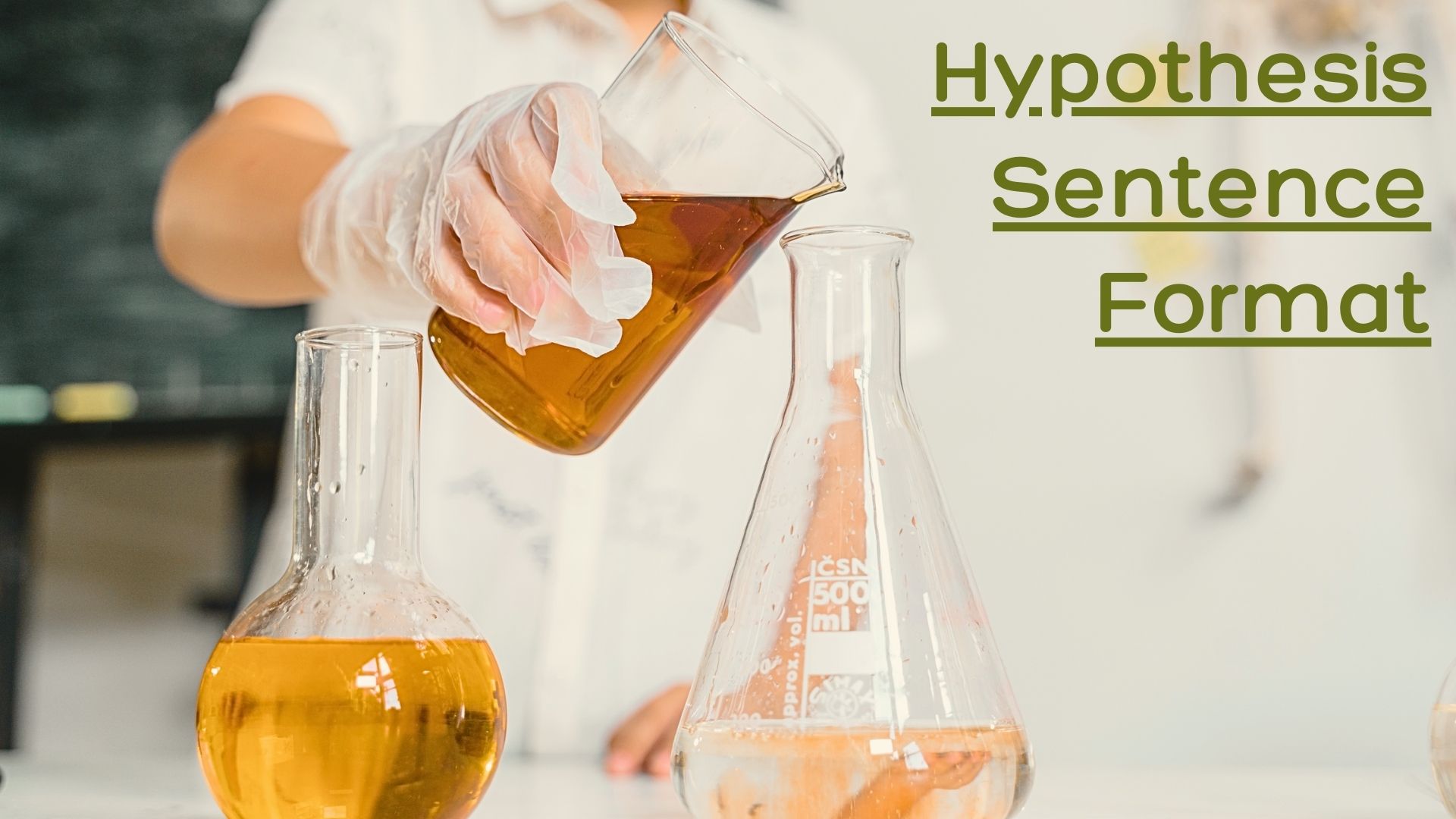
Hypothesis Sentence Format
Don’t know how to write a testable hypothesis? Don’t worry about it too much; our experts will explain everything to you right now. We will even show you some good and some bad examples of hypotheses a bit later. For now, let’s talk about the most common hypothesis sentence format. It’s very important if you want to learn how to write a hypothesis statement quickly. Here is everything you need to know about it:
- Most hypotheses follow the default format: If [this happens] then [this will happen]
- If you want to take independent and dependent variables into consideration, then the default format should be: If [this changes in an independent variable] then [this will change in one or more dependent variables].
- Take a look at a simplistic example to understand the format better: Drivers who answer their texts while driving have a braking distance 2 meters longer than drivers who do not answer their texts while driving.
Now that you know how to format a hypothesis, it’s time to take a look at some good examples. These should help you write an excellent one in no time.
Good Examples Of Hypothesis Sentences (And Some Bad Ones)
Still don’t know how to form a hypothesis? If you aren’t sure whether or not your hypothesis is OK, you should take a look at some good examples of hypothesis.
To make sure there is no confusion with how you formulate a hypothesis, here are some bad examples to learn from:
- “Redesigning the Checkout page using Design A will increase sales.” This is bad because it lacks specificity. A better choice would be: “Redesigning the Checkout page using Design A will increase sales by X% for users aged Y to Z.”
- “If our universe starts to shrinks, then the multiverse will start shrinking as well.” This is a bad hypothesis because of several issues, the most important being the inability to test it and prove it right or wrong. You should change your topic if you ever find yourself trying to write such a hypothesis.
- “Smoking cigarettes daily leads to cancer.” Again, this hypothesis lacks specificity. How many cigarettes? What kind of cancer? A better choice would be: “Smoking more than 5 cigarettes a day leads to lung cancer.”
- “The average time spent by people on Facebook is 2 hours per day.” This is a null hypothesis. It’s something that is already established and should not be tested again.
- “If the church walls were higher, the angels would have larger wings.” This is known as a non-basic statement. The problem with this hypothesis is that it is not falsifiable. It cannot be proven wrong. The size of the wings is not the problem. The problem lies in our lack of means to identify angels.
Tips On How To Make A Hypothesis Great
Do you want to know how to make a hypothesis great? After all, this is extremely important when writing any kind of academic paper. Your hypotheses are the building blocks of your essay. They are basically what you are trying to explain with your research, experimentation and analysis. To show you how to create a hypothesis the right way, we have compiled a list of the best tips, tricks and advice you can use to your advantage:
- You should always define the variables in your hypothesis
- You need to clearly state the problem you aim to solve in your paper. This is basically the focus of your research.
- Whatever you do, refrain from writing the hypothesis as a question. You want to demonstrate something, not ask your readers for their opinions.
- It’s a great idea to try to write the hypothesis as an if-then statement.
- Keep the hypothesis clear and to the point. Remember, one sentence should usually be enough.
- The hypothesis should be empirically testable.
- The composition of your hypothesis should be based on some existing knowledge. You will have to make an educated guess.
- Always ask yourself: What problem do you want to solve?
- Make sure your hypothesis is measurable (it can be proven right or wrong by research or an experiment)
Get Some Homework Help Today
We know, even if you conduct ample research or set up a good experiment, you may sometimes get a grade lower than what you had expected. This is because students are not scientists (yet). They are not academic writers either. To make sure you get a top grade you need some homework help from our reliable professionals.
We can help any high school, college or university student with his or her homework for any class with excellent hypotheses. Just say “help me with my science homework” and we’ll get on it right away. You can get cheap academic assignment writing help from our experts in minutes. Get all the assistance you need from our writers and we’ll make sure you get a top notch research paper in no time. Your professor will love it!
All our writers are not only native English speakers, but also highly experienced academic writers. And yes, they all have at least one Master’s or PhD degree. They know all the methods, as well as the best format, for your hypotheses. Get in touch with our experts and we’ll make sure your teacher gives you at least an A on your next research paper!
FAQ
What is an example of a hypothesis?
An example of a hypothesis is “proper diet programs decrease the risk of obesity.” A hypothesis should clearly show the relationship between two conditions; in this example, it is diet and heart disease. Note that a hypothesis is an idea that can be examined based on the available type of data.
How is a hypothesis written?
You should write a hypothesis in the present tense since it refers to your research. It should also predict the relationship and the outcome, be clear without ambiguity or assumption, and have observable and testable results.
What 3 words should be in a hypothesis?
The three main words that should be in a hypothesis are “if,” “then,” and “because.” The word “if” gives the possibility, and “then” explains what might happen due to the possibility. “Because” justifies the proposed link or connection between the two variables.


